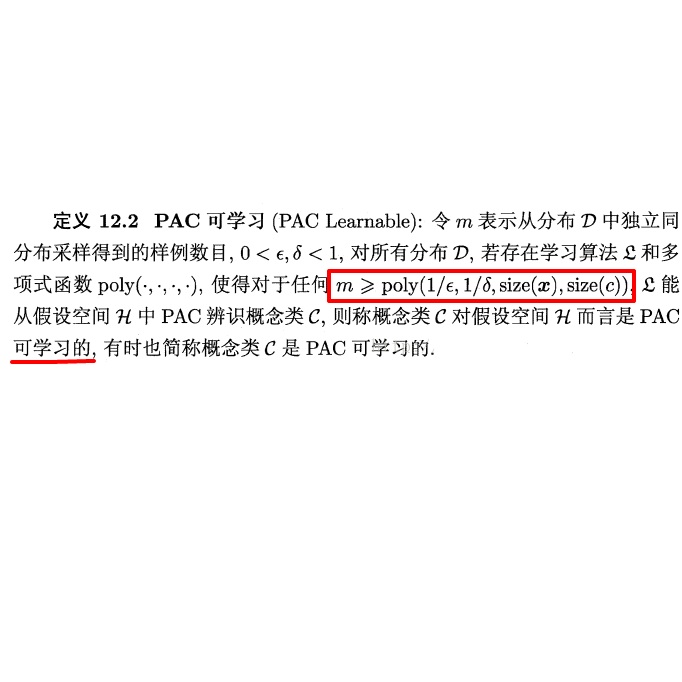Many conventional learning algorithms rely on loss functions other than the natural 0-1 loss for computational efficiency and theoretical tractability. Among them are approaches based on absolute loss (L1 regression) and square loss (L2 regression). The first is proved to be an \textit{agnostic} PAC learner for various important concept classes such as \textit{juntas}, and \textit{half-spaces}. On the other hand, the second is preferable because of its computational efficiency, which is linear in the sample size. However, PAC learnability is still unknown as guarantees have been proved only under distributional restrictions. The question of whether L2 regression is an agnostic PAC learner for 0-1 loss has been open since 1993 and yet has to be answered. This paper resolves this problem for the junta class on the Boolean cube -- proving agnostic PAC learning of k-juntas using L2 polynomial regression. Moreover, we present a new PAC learning algorithm based on the Boolean Fourier expansion with lower computational complexity. Fourier-based algorithms, such as Linial et al. (1993), have been used under distributional restrictions, such as uniform distribution. We show that with an appropriate change, one can apply those algorithms in agnostic settings without any distributional assumption. We prove our results by connecting the PAC learning with 0-1 loss to the minimum mean square estimation (MMSE) problem. We derive an elegant upper bound on the 0-1 loss in terms of the MMSE error and show that the sign of the MMSE is a PAC learner for any concept class containing it.
翻译:许多常规学习算法都依赖除自然0-1损失以外的损失函数来计算效率和理论可拉动性。 其中有基于绝对损失( L1回归) 和平方损失( L2回归) 的方法。 第一种被证明是像\ textit{ juntas} 和\ textit{ half- space} 等各种重要概念类的 PAC 学习者。 另一方面, 第二种比较可取, 因为它的计算效率是直线的, 而在样本大小中是线性的。 但是, PAC 的学习能力仍然未知, 因为只有在分配限制下才能证明有保证。 L2 回归是否是一个对 0-1 损失的不可知的 PAC 学习者, 自1993年以来, 这个问题一直没有被解答。 本文解决了在布利安立方体( 证明具有不可知的 P2 多元性) 学习 kjunic P- 的KATS) 问题。 此外, 我们提出了一个新的 PAC 学习算法 新的算法, 以Boolean 4er 为基础, 和低计算复杂度的计算法 。 4er- bourier- broil- sal- sal 运算法, 已经在一次排序算算法 上应用了一种Salal 缩缩算法 缩算法, 缩算算法 错误, 。</s>



